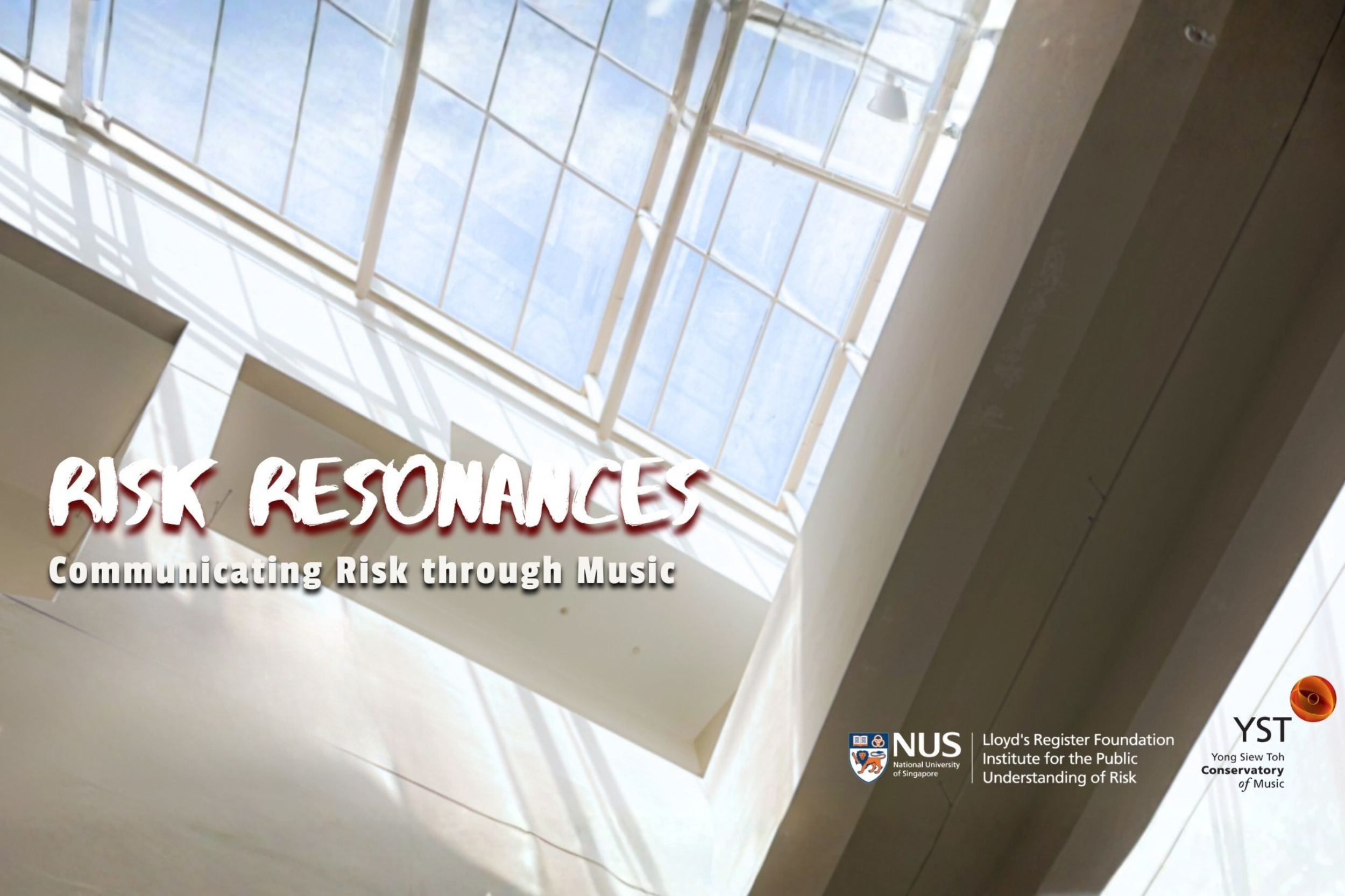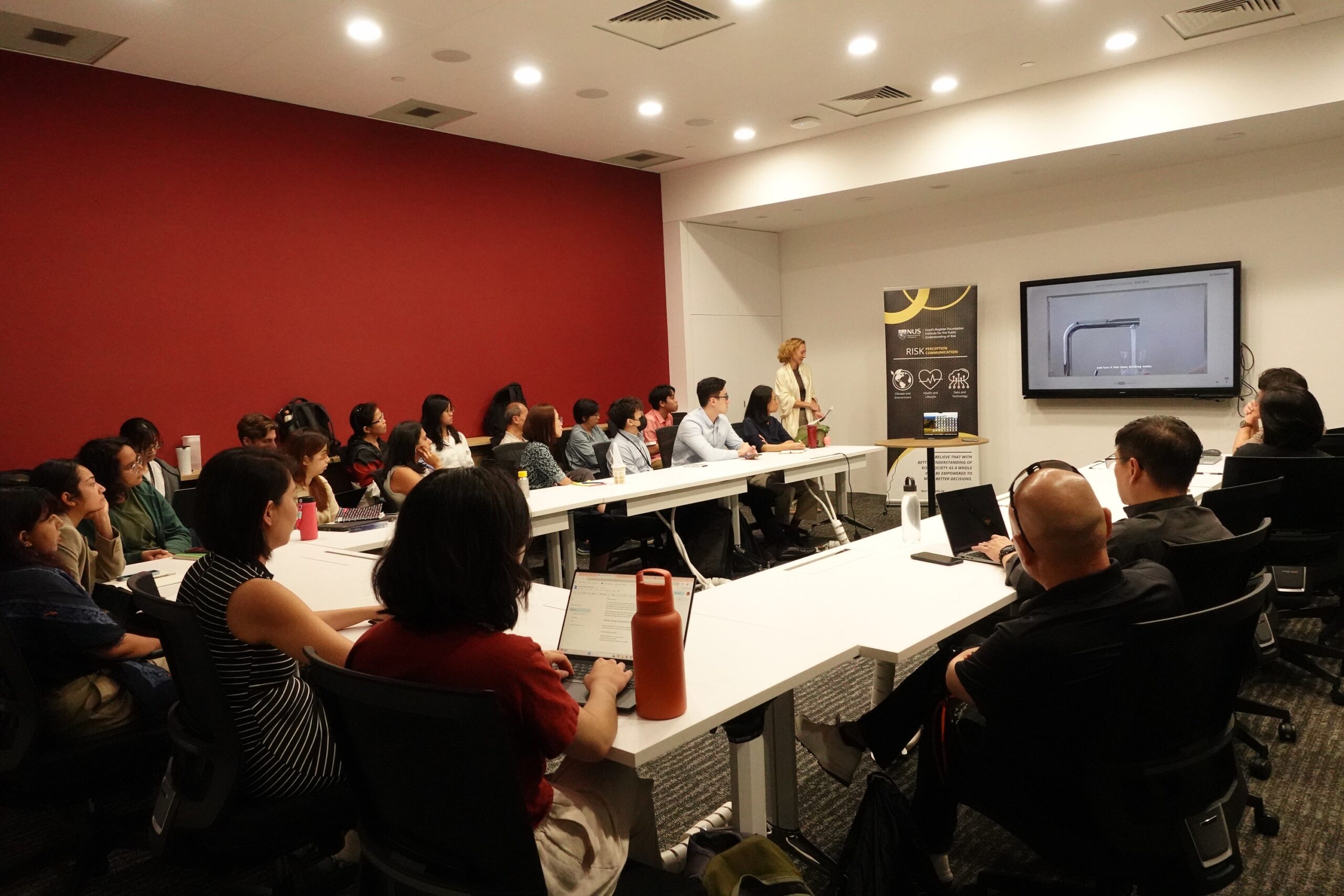Following the launch of a 3-part risk communication masterclass by IPUR, we organised an expert consultation session bringing together Prof Paul Slovic and three risk practitioners to discuss challenges faced in the community. The session, held on 23 November 2023, was organised jointly with collaborators from Risk Know-How, a platform which supports people who are involved in helping others to navigate risk information.
The session had two primary objectives:
- Provide a platform for experts and risk practitioners to discuss and consult on everyday, tangible challenges faced in the community.
- For the expert to translate research into information that is relevant and useful for the practitioners.
The challenges presented by the risk practitioners during the session were as follows:
- Prof Eucharia from Nigeria works with communities to tackle environmental pollution but faces resistance and barriers from companies and the government. She is often caught up in having to manage politics because of the nature of her situation when she feels more time should be focused on informing locals about health risks in the community.
- Henry from Kenya wants to empower youth communities by building their risk literacy so as to improve other areas of their lives such as education, healthcare and workplace safety. However majority of the youth still do not understand the topic of risk and its effects on their lives.
- Dr Sazedul from Bangladesh wants to improve risk communication with the local fishermen he works with so that they may be more informed about the risks they face in their work. The communication gap for him is being unable to reconcile the fishermen’s need to work to support livelihoods versus the need to protect their own safety against natural disasters or simply falling overboard when out fishing.
Besides citing literature and giving practical tips which can be applied, Prof Slovic encouraged the practitioners to listen to the needs of their community – which is where risk communication starts. He said the perspectives of the people first need to be understood before they can be properly informed to take adequate action.
In addition, Prof Slovic shared after the session some websites containing resources about environmental law, overcoming psychological obstacles to tackle humanitarian issues, as well as a website dedicated to supporting Kenyan communities to improve access to education and healthcare.


